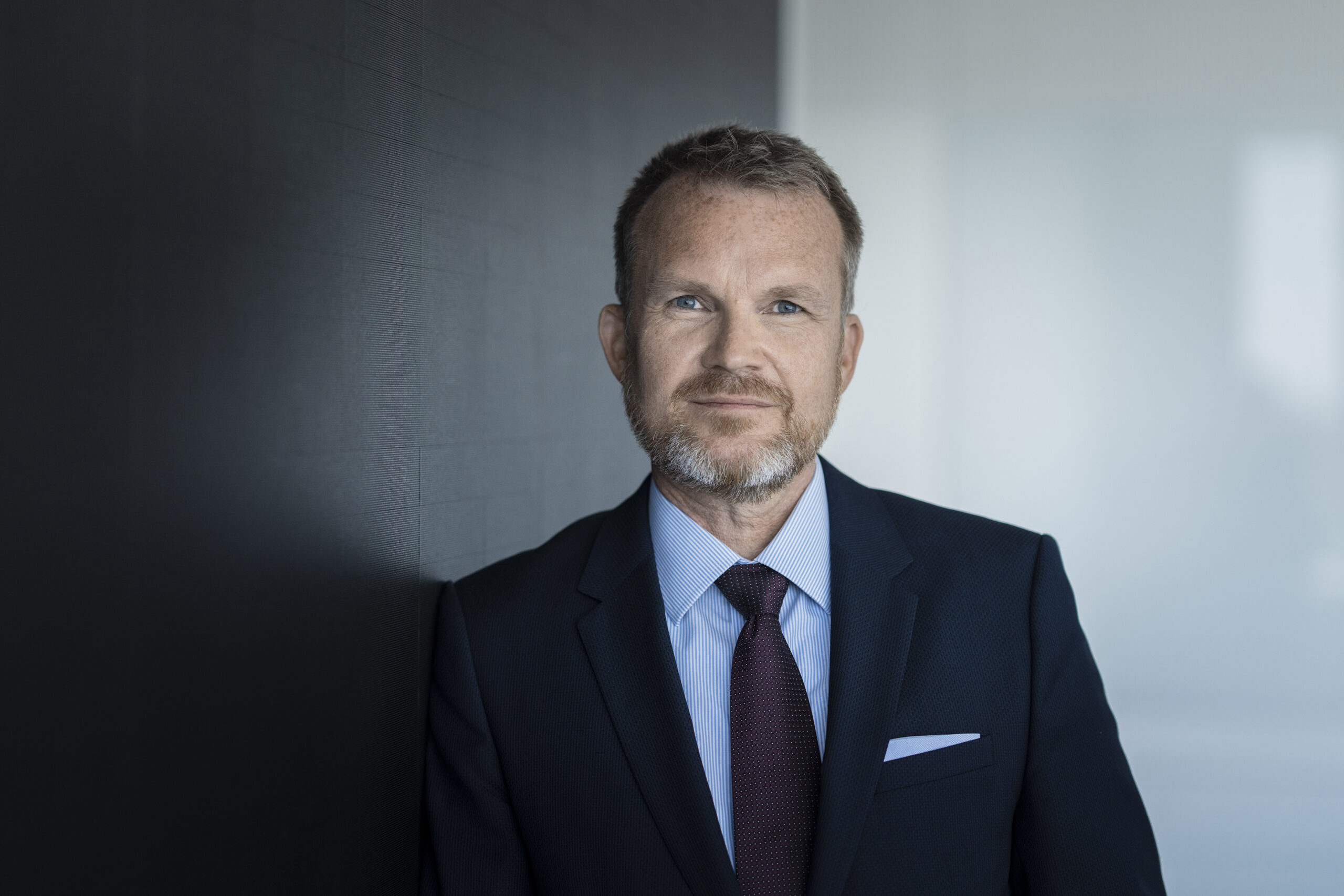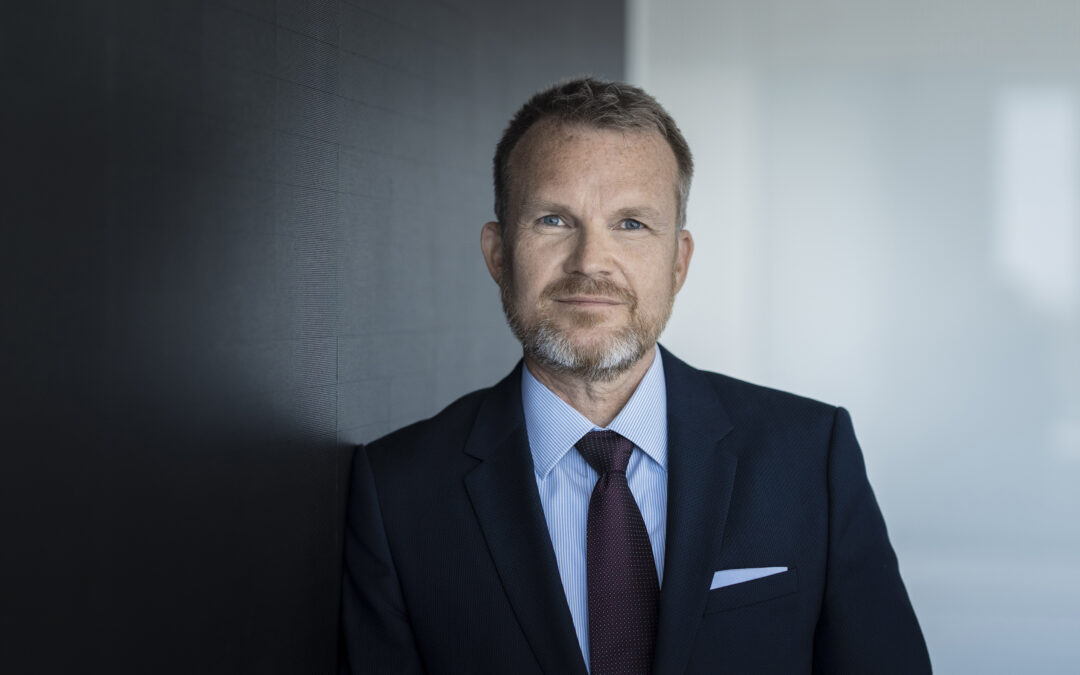Jens Baas, Chairman of the Board of Techniker Krakenkasse on fair medicines prices : “Medicines are now the second highest spending item of the German public health system”

High medicines prices are now a reality in the EU, leading to inequalities of access to medicines, or even to no access to some of them in some European countries. This is a major challenge to our solidarity-based healthcare systems that is not going to recede as long as current medicines price-setting principles are not radically changed.
Techniker Krankenkasse, affiliated with vdek, one of our members from Germany, answered our questions on the reality of price levels in their country. TK sees a way out of current challenges in fair prices, a topic of high relevance in the EU, as the current negotiations on the new pharmaceutical package gather pace and as the landmark common purchase on COVID-19 vaccines showed that collective action could lead to equal access to medicines for all.
Dr Baas, can you explain the trend regarding affordability of medicinal products in Germany ? Does it have an impact on patients’ access to medicinal products?
Jens Baas, Chairman of the Board, Techniker Krankenkasse, Germany : In Germany, the expenses for medicines have consistently increased over the last decades, with a rate that has accelerated in the last few years. It is now the second highest budgetary item of the public health system in Germany. The expenses for brand prescription medicines especially have doubled between 2018 and 2022, from 14,6 to 28 billion Euro. They account for about half (49,2%) of the expenses for medicines as a whole while they only account for 6% of the consumption. That said increase in expenses was driven especially by cancer medication and auto-immune drugs that come with high treatment costs. However, we also note that more gene therapies are being made available, at even higher therapy costs.
Germany has tried over the years, through several laws and regulations, to keep medicinal products affordable, but it’s been increasingly a struggle and innovations such as gene therapies will probably make it even more challenging. The resources are finite. So of course, the less affordable medicinal products will be, the higher the impact on patients’ access as well.
What is Techniker Krankenkasse (TK)’s role regarding access to medicinal products?
Jens Baas : As a statutory health insurance, TK covers the healthcare costs of our insured population, in accordance with the laws and regulations in place. But our role goes beyond that of a mere payer. We have a mandate to secure the best healthcare possible, including medicinal products, at the most cost-effective price. This involves, among others, negotiating with the pharmaceutical manufacturers. It also involves staying up-to-date with the patients’ needs and wants, the physicians’ prescribing practices, the scientific development as well as with the pharmaceutical market and the laws and regulations. Moreover, it involves interacting with these elements in a reactive as well as in a prospective manner, which we have a good track record with.
Dr Baas, just after AIM published their fair pricing calculator, TK published their own case study on applying the fair pricing calculator to a basket of products in Germany. You recently said in an interview that Germany needs fair prices. What does the concept of fair pricing mean to you ?
Jens Baas : First, I can tell you what fair pricing does not mean. It does not mean gauging the highest price the payer can afford and demanding exactly that. It does not mean taking advantage of the patients’ circumstances, for example in cancer or orphan drugs indications, to demand the highest possible price. It does not mean bending the laws and regulations in place to maximise profit, for example through evergreening. It does not mean making record profits while the healthcare system is struggling to ensure sustainable funding.
Fair pricing allows the manufacturer to cover their expenses. It also allows them to make a profit, in order to keep investing in research and set the innovation forth. Fair pricing means that the price is justified based on transparent figures such as actual research and development cost (including grants and subsidies) as well as production costs. At the moment, we’re missing transparent figures. These would be necessary to know exactly how high the profit margins are. A suitable option would be capping them at variable levels based on further objective criteria, in order to reach fair prices.
Can countries reach fair medicines prices alone in your opinion? How far can they go and what could be the role of the European Union in this regard?
Jens Baas : Some countries can reach more affordable prices on their own. The UK is a proof, with a market of 55 million of patients, which is somewhat comparable to Germany. The voluntary scheme for branded medicines pricing and access (VPAS) is currently being renegotiated, which means it is now established. So yes, some countries can reach a fairer price alone. However, the EU has more leverage than any country alone. We’ve experienced it in the last years with the SARS-Cov-2-vaccines. The involvement of the EU would ensure that countries that could not otherwise reach fair prices on their own, contrary to the UK or presumably Germany, can benefit as well. Mechanisms accounting for the disparities in paying power of the member states could be put in place by the EU. Which would make it even fairer.

